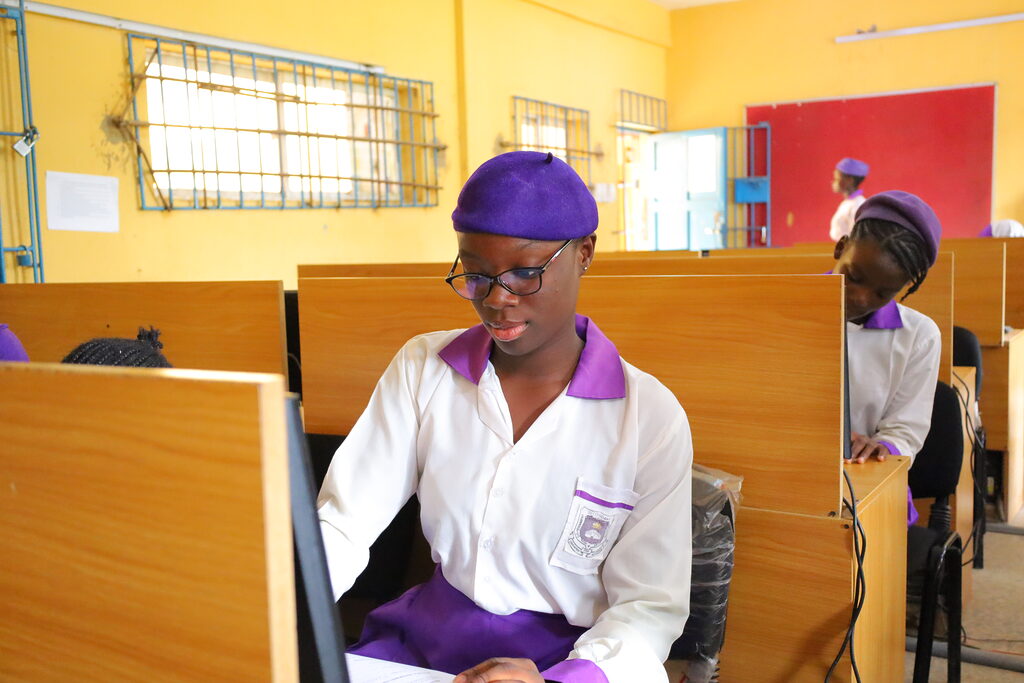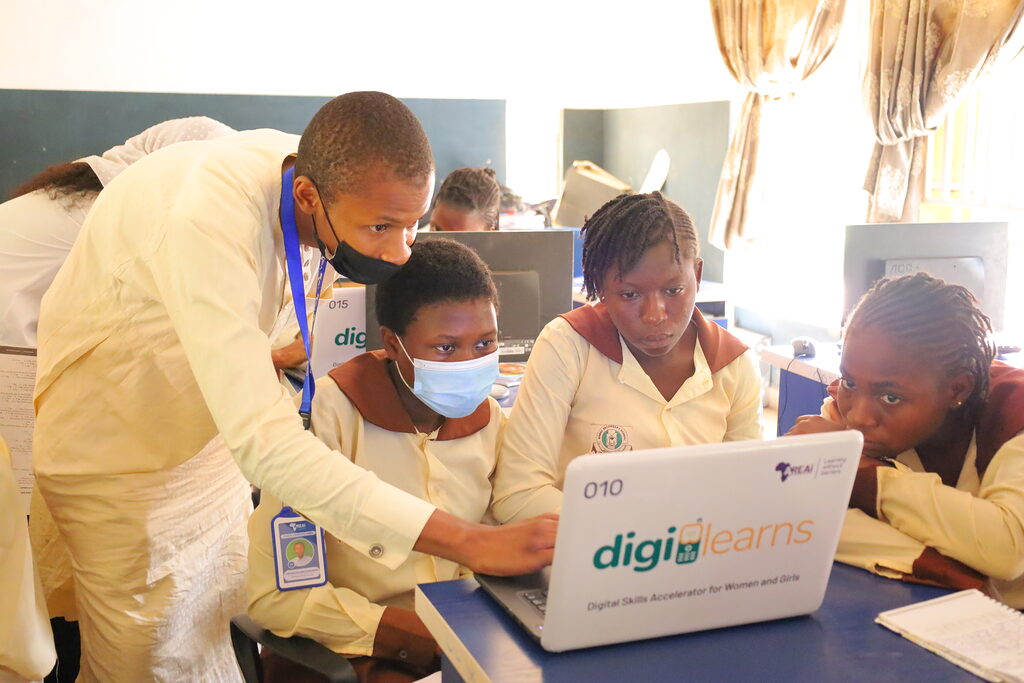According to the International Telecommunication Union (ITU), more than half of the world’s women are not online, and of the over 1 billion young people including 600 million adolescent girls who will enter the workforce in the next decade, more than 90% of those living in developing countries will work in the informal sector, where low or no pay, abuse, and exploitation are common, whereas the most disadvantaged girls including those in rural areas and those with disabilities have even less access to respectable work and with no digital literacy, they are at the highest risk of being unprepared for the future.
In Nigeria right now, many girls are not developing the skills they need to secure decent work. By 2030, more than 230 million jobs in Sub-Saharan Africa will demand digital skills. There is a high percentage of gender disparity in digital access which is mirrored by a gender disparity in meaningful digital use. Getting girls online and ensuring that they have digital skills to make the most of their connection becomes the topical issue day by day.
Putting all of the pieces together and charting a course forward, undoubtedly establishing the groundwork for our digital future necessitates equipping women and girls with the skills needed for tomorrow. In line with Unicef’s categorization of the factors that must be addressed to close the gender digital divide as access, digital literacy, and online safety, AREAi’s Basic Digital Skills for Learning, one of DSA Tracks, assists young women and girls aged 13 to 25 in developing the digital awareness, competence, and skills needed to leverage digital tools and platforms for learning and/or socioeconomic advancement.

To deliver sustainable solutions for girls on Digital Skills, AREAi is leveraging the expertise and strengths of each and every partner – from FCT Secondary Education Board to Several Secondary Government schools – to Trained Instructors (Programme & Impact Fellows) to provide these school girls aged 13 to 18 with ICT Digital skills -focused in schools thereby supporting girls all the way in their transition to the world of work in STEM and ICT to ensures sustainability and growth, and a whole new pipeline for the economic empowerment of girls and women.
Currently, 300 girls are drawn from ten secondary schools across the FCT including Government Secondary School Apo, Government Secondary School Wuse 2, Government Secondary School Garki, Model Secondary School Maitama, and Government Secondary Gwarinpa, among others. These girls have been learning from the various modules being taught on ICT and gaining transferable skills such as self-confidence, problem-solving, teamwork, and critical thinking, all of which are essential for success in today’s quickly changing workplace.

The focus is to equip adolescent girls with highly foundational and functional digital skills required to use digital technologies for learning and thereby increasing women and girls’ involvement in the labour market, with equal participation in all careers.
